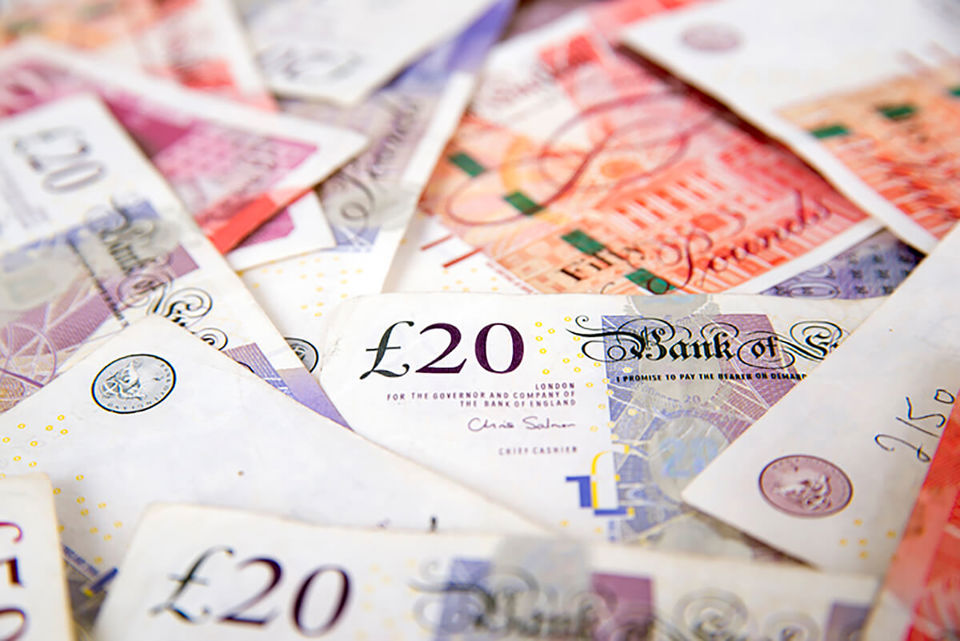Employers are being urged to support a claim against HM Revenue & Customs (HMRC) in a bid to reclaim wrongly-paid National Insurance Contributions (NIC) on car allowances.
Innovation Professional Services is working with a leading firm of lawyers which specialises in class actions and is inviting employers with a sizeable car allowance population to attend a free seminar in December in London.
The company’s seven-year legal battle related to an NI refund claim based on the difference between the HMRC 40p per mile allowable rate (now 45p) and the 12p per mile paid by the employer plus an additional lump sum paid to the employees for using their private cars on business.
The value of the amount claimed was approximately £146,000 or around £1,000 per employee involved.
However, the verdict was binding only on Total People and if other employers wanted to make a claim they would have to launch their own legal fight, which could be both time consuming and costly.
Nevertheless, Innovation Professional Services and its lawyers say they are sufficiently confident they would win any battle and they are planning to put together a class action comprising some 20 to 30 companies.
John Messore, partner and director of Innovation Professional Services, said that would have many advantages, including keeping legal fees to a minimum.
He said: “The expert view is that this is a case that should succeed and so anyone with a sizeable number of cash allowance drivers – more than, say, 500 – should attend the seminar we are planning.
“Anyone not part of the class action will miss out on an automatic refund if the case wins and instead will have to take their own action, since HMRC could again argue that the new case is binding only on the participants.”
An anticipated timetable for the class action would see the trigger in attempting to obtain repayment from HMRC being pulled by mid-year 2014, with the hearing at the First Tier Tribunal possibly taking place in mid-2015.
Messore is confident that the action would win at the tribunal, but HMRC would appeal.
He said: “We anticipate we would win that appeal although HMRC would ask for leave to appeal to the Court of Appeal.
“But our lawyers can see arguments why that right could be denied and by the end of 2016 we hope to reach a landing whereby our group should get the repayment from HMRC to which they are entitled.”
HMRC has said that it does not intend to make repayments to any other customers based on the outcome of the Total People case and that “it would be likely to succeed” should a similar case be brought now.
But, Messore said: “NIC regulations say that if an employer gives an allowance to an employee to help cover the cost of running a car for business and private purposes then one should ignore the pence per mile mileage rate element in calculating how much of that car allowance is to be treated as earnings before applying NIC.”
The legislation is designed to produce the same NIC treatment whether or not the car allowance payment amounts to earnings or is a reimbursement of actual expenses (see examples below).
Messore said: “When calculating how much NIC to pay on the car allowance, the regulations say the mileage element should be ignored.
“Our contention is that employers have made a mistake in not making that calculation. Many employers have therefore innocently overpaid NIC in error and HMRC should refund the money.”
To express an interest in attending the free seminar, for which the date has not yet been finalised, email gareth.roberts@bauermedia.co.uk, who will pass on your details to Innovation Professional Services.
How an NIC refund could affect you
Employee example
Travel: 6,000 miles
Fuel reimbursement: 15ppm
AMAP rate: 45ppm
Underpayment: 30ppm
Tax relief payable: £1,800 (6000 miles x 30ppm)
Tax relief: £360 (20% taxpayer)
Tax relief: £720 (40% taxpayer)
Employer example
Travel: 6,000 miles
Fuel reimbursement: 15ppm
AMAP rate: 45ppm
Underpayment: 30ppm
Tax relief payable: £1,800 (6,000miles x 30ppm)
Backdated claim: 6 years
Employers NIC: 13.8%
NIC refund: £1,490.40 (13.8% x £1,800 x 6yrs)
No of staff on car allowance: 500
Total NIC refund: £745,200 (£1490.40 x 500)

















Login to comment
Comments
No comments have been made yet.